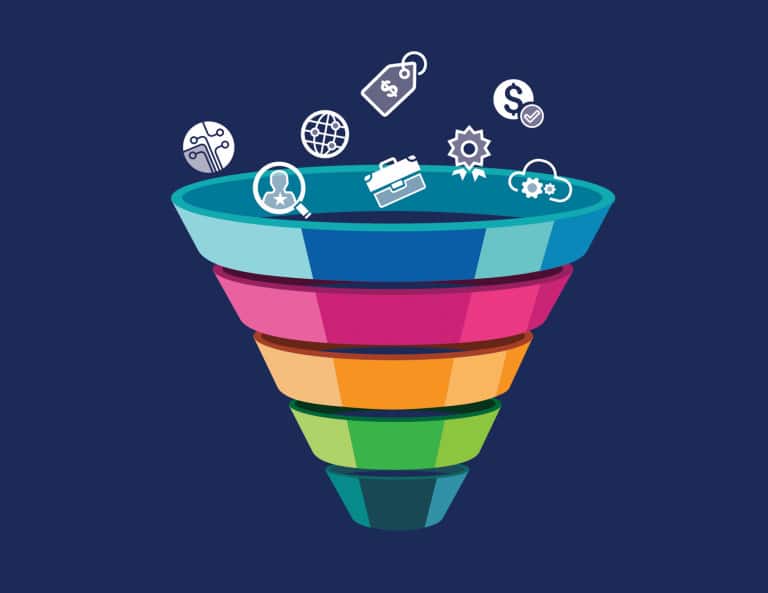I mentioned in a recent blog that many experts are predicting the turnover of salespeople to pick up now that the pandemic is easing. That means sales managers have to hone their ability to identify and hire more top candidates, and then create a successful plan for onboarding new sales hires.
Here are three tips for rapid, successful onboarding of new salespeople:
Be specific and detailed about what a “good hire” candidate looks like
Most organizations have a job description they use to hire new salespeople. But too often those descriptions are very generic, often outdated, and not detailed enough to let you separate the good from the bad.
So, before the next sales job opens up at your company, make a list of specific skills and wills (attitudes) that you see in your best salespeople. What do your best salespeople know and do that mediocre or poor performers don’t?
Be creative in finding ways to evaluate a candidate against the attributes
There’s an old saying that companies should “hire for will and train for skills.” That generally holds true for sales. You can train almost anyone how to sell—the processes your company uses, the tricks of the trade, etc. But only if that person possesses the right attitude. They have to be “coachable” and have other attitudinal attributes that are characteristic of your top performers.
This means you have to find ways to evaluate attitudes during the hiring process.
Think about what you can ask a candidate to demonstrate during an interview or a ride-along—or what questions you could ask them—that would tell you whether a candidate possesses a particular attitude.
For example, how could you tell if a candidate is coachable? Candidates who are coachable will listen carefully to your instructions during the interview process. Also, coachable people are ones who take ownership of their previous losses. Uncoachable people will blame external factors for why they lost a big deal. So, ask “What’s the biggest sale you ever lost, and why did you lose it?” Then listen carefully to their answer.
Have a sales playbook that will let you quickly bring new hires up to speed
Just as with job descriptions, sales training is often too generic. People are taught the steps of a sales process and how to enter information in a CRM. But how can they leverage an initial contact to reach higher-level decision-makers? What kinds of problems do different decision-makers generally talk about and how does your solution address those issues? What differentiators help you win against your strongest competition?
You can, of course, let your new hires gradually gain this knowledge from their own experience. Or you can develop a sales playbook.
A sales playbook is a situation-specific document that describes your team’s sales best practices. For example, how should a new salesperson who is about to meet with an executive prospect perform diagnostic questioning in order to identify and develop the prospect’s needs? How should their strategy change based on the type of decision-maker they are meeting with—such as a plant manager, a director of finance or operations, a purchasing director or the head of IT?
A sales playbook should describe the specific problems that your company can solve for each type of decision-maker that your sales reps encounter. It needs to include suggested questions to ask in order to uncover the issues and concerns that relate to the problems your company can solve.
Having a sales playbook like this helps new hires get up to speed more quickly. They can quickly learn not just the basic steps of your sales process but have a resource available that describes the best practices that your top salespeople have honed over the years.
Apply these three tips for rapid, successful onboarding of new-hire salespeople.


